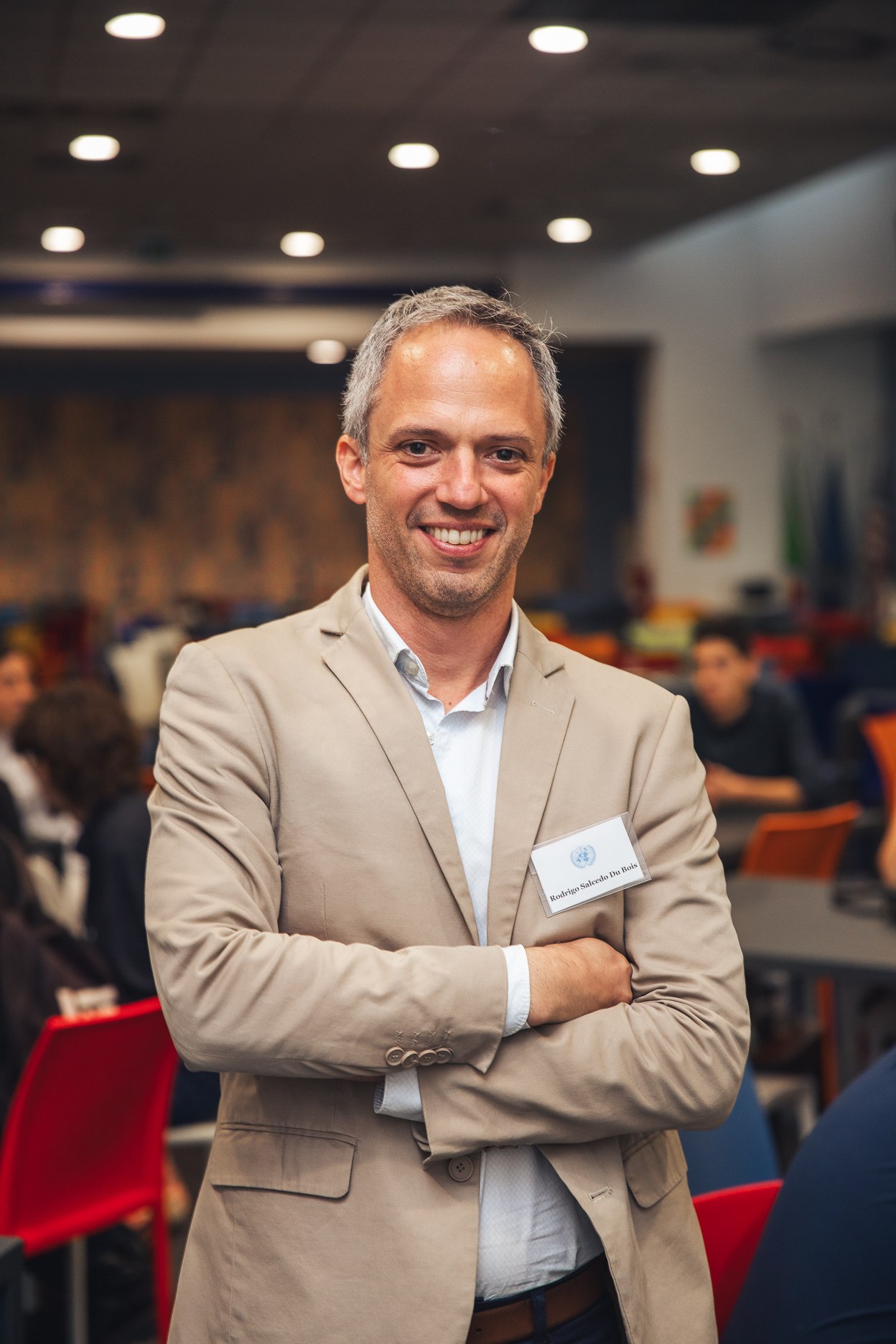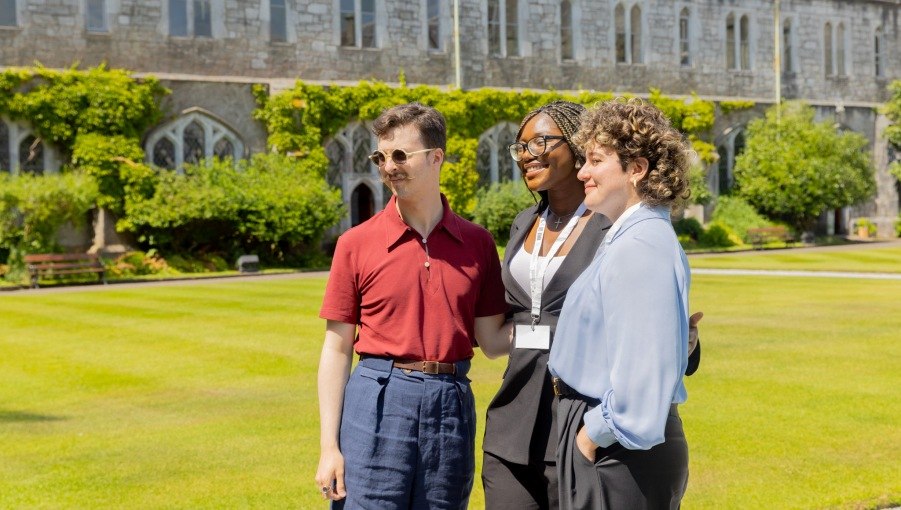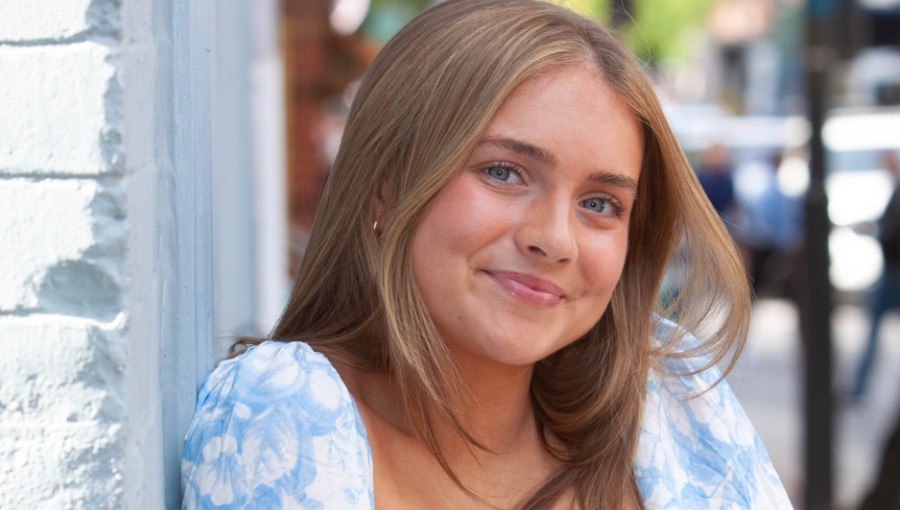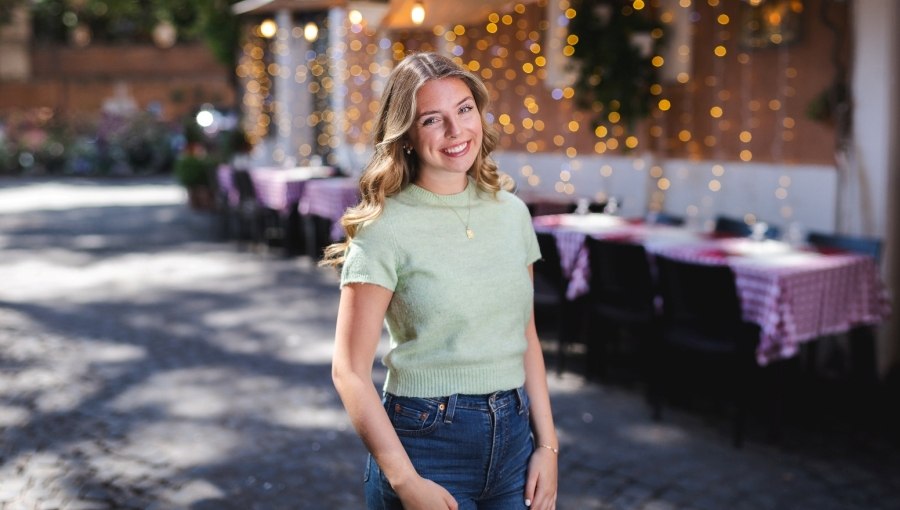The Gift of Giving Back: Professor Rodrigo Salcedo Du Bois and Environmental Economics
Professor Rodrigo Salcedo Du Bois teaches Environmental Economics with the belief that no action is small enough when it comes to building a better world. Based on the understanding that environmental economics is about making economic decisions with the awareness of what might affect the environment, Du Bois’ course refers to sustainability as the decision-making process and subsequent actions that can guarantee the well-being of future generations.

Through economic theory, analytical tools, and bioeconomic models, in his class Professor Salcedo Du Bois analyzes the connection between the economy and the environment, especially how the environment supplies vital raw materials necessary for the well-being of our society, and the long-term effects of humankind extracting resources without contributing to their restoration. Professor Salcedo du Bois covers the economics of climate change, environmental externalities and market failures, pollution control, natural resource use, valuation of ecosystem services, renewable energy, waste management, and the principles of a sustainable development. These concepts are essential to understand policies and projects concerning water and air pollution, energy, climate change, and human health.
Economics For the Common Good
Professor Salcedo Du Bois’ students implement theory into practice by analyzing case studies and project assessments. For instance, Professor Salcedo Du Bois recently introduced a mining case study based on Peru in which students had to perform a cost-benefit analysis to see whether the project was profitable for the firm involved in the project and beneficial for society. Other examples of case studies include analyzing how reforestation, construction of a water treatment plant or wetland restoration translate into benefits for society and if there are any externalities. Moreover, students develop the ability to analyze what path countries are following, and depending on that, what is the potential impact of their decisions.
Professor Salcedo Du Bois seeks to convey to his students the importance of working for the common good, taking into account that our decisions must include the environment in which we find ourselves. His inspiration to teach economics and environment stems from his work at the Ministry of Agriculture in Peru, where he had the opportunity to observe first-hand how rural set-ups pressured the environment, particularly due to the extraction of natural resources and reliance on man-made products like fertilizers and pesticides. Professor Salcedo Du Bois believes that future generations should change the idea of economics to work with and for the environment in a sustainable way, moving away from the idea that economics is solely based on the extraction of environmental resources without giving back.
A Student’s Perspective: Abigail Zwilling
JCU visiting student Abigail Zwilling, an Economics major and Data Science minor from the University of St. Thomas, in Minnesota, shared her thoughts on the course’s objective. “Growing up in a rural agricultural area, the integration of the environment and the economy has been a constant in my life,” she explained. “However, Professor Salcedo Du Bois’ course has opened my eyes and led me to actively consider the economic impacts of the environment that I had taken for granted. Professor Salcedo Du Bois has very well-articulated the concept of ecosystem services and provided us with a way to analyze the economy’s interaction with those services. One thing that will stick with me is our cost-benefit analyses of various environmental projects, where we consider not just financial impact, but also consider and quantify the social impact.”
A Student’s Perspective: Juan Gamboa
JCU Student, Juan Gamboa, an Economics and Finance major from Colombia, shares that he decided to take the course to reinforce his understanding how to make decisions that drive personal, social and environmental change: “I believe it is one of the most important courses given by the department, as it effectively integrates simple theory with real-life situations, focusing on the social discussion of the issue, rather than the financial one in comparison to the rest of the degree. The class is open to interpretation, which I believe is part of the sector’s nature, as there are no set rules to follow regarding the implementation of concepts that have never been considered. The biggest strength of the course is that it focuses on developing the students’ critical thinking and teaches them how to apply sustainable methods to every-day practices and to use economic fundamentals to create better alternatives for what already exists.”
“As an Economics and Finance major, I believe that we have an important task at our hands, we need to innovate and create ways to fix the market failures that have allowed the human beings to destroy the environment in pursuit of profit. As a Colombian, I see a big future in my country and neighboring ones as places where environmental economics can flourish, we need to focus on protecting our rich environments and biodiversity for the sake of the whole planet and with it, create a sustainable development of our undeveloped economies.”
Regardless of your field of study, this course not only provides a comprehensive understanding of the economic factors that influence environmental decision-making and vice versa but also encourages a forward-thinking approach and emphasizes the importance of sustainable development. By underscoring the importance of being environmentally conscious and addressing sustainability in the long-term, students are encouraged to make informed and innovative decisions that implicate both present and future environmental concerns, ultimately contributing to the creation of an integral economy.





